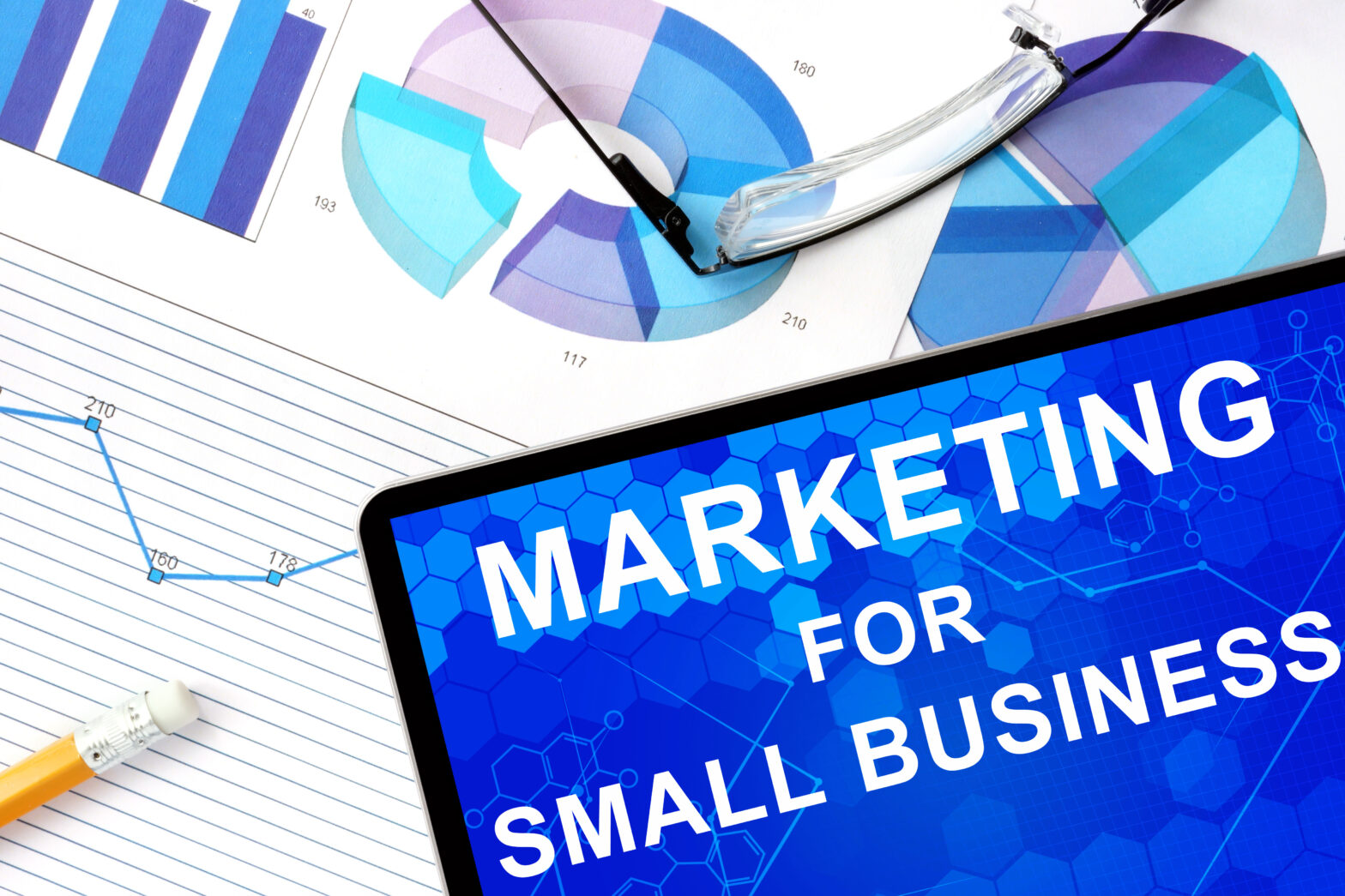Social media marketing is a leading business tool across all industries. The rise of social media is the most significant change to business marketing in the last 20 years. Research shows, on average, people spend nearly two hours a day on social media. It provides businesses with direct interaction with their clients, allows for instant feedback, is free and lets your explore your brand personality. But what are the opportunities and risks of the rise in social media marketing for businesses and what are the trends businesses should be exploring?
Opportunities
One of the key business opportunities of social media is the ability to reach a wider audience. For businesses looking to expand and reach foreign markets, social media offers the perfect platform, with analytical tools to track whether business strategy is working. Social media provides a way to present your brand publicly and give it a personality to engage with your customer base.
Research from Havas indicates meaningful brands have a 46 per cent higher ‘share of wallet’, defined by how much a person spends on a particular product. Therefore, it’s essential to create a meaningful social presence. The webexpenses team uses Twitter to engage with our audience and where possible we hook onto recent news stories that relate to our work. On Facebook, our marketing team is able to share the recent blogs and articles we’ve created in a visual and engaging way. Every platform has a different audience you should tailor your content to.
In order to get the most out of social media, every business should know its market and which platform would work best for it. It is not a one size fits all approach. For B2B companies such as webexpenses, platforms like Facebook, Twitter and LinkedIn are key as they’ve created business ‘communities’ and provide opportunities to advertise and track posts and content. However, there are constantly new emerging platforms, such as Medium. Entrepreneurs and businesses are suggesting this could be the next ‘big’ platform – doing away with the fast-moving and disposable content of Facebook and Twitter, and to an even greater degree, Snapchat, and creating thoughtful longer reads instead.
For consumer brands visual platforms such as Instagram and Snapchat are suited best to reach their target audience. YouTube is a great platform for businesses using lots of strong video content e.g. bloggers and brands such as GoPro which needs to showcase its products ability. Research businesses doing well on different platforms to explore the type of content they’re producing and whether this would fit your offering.
Risks
The number one risk for any business adopting a social media strategy is the exposure it provides. Both an opportunity and risk, social media puts your business into the public domain and you have to be prepared for everyone’s comments – not all will be complimentary. If you deliver a bad customer service or experience, social media platforms are now one of the go to places for customers to complain on a public forum and people will be watching to see how your business reacts, and this will have a big impact on your reputation.
Businesses should be aware of the ever-changing nature of social media marketing. The market can be difficult to predict making it tricky for businesses to stay ahead of the curve. The recent news of Twitter closing Vine is a perfect example, as businesses may have invested heavily in using Vine believing it was a stable platform but are now unable to use it. Oreo invested in using Vines to engage with consumers on Twitter and will inevitably now have to adapt their strategy.
See also: 8 key ways to generate PR for your small business – Take note of these eight handy tips to help you get your company’s name out there.
Many of these platforms are still in early stages and are constantly adapting to suit the consumers needs, eg Twitter recently changed the @reply function that meant users had selected visibility of tweets they were mentioned in. For a business this is a risk as it means you could look to be ignoring a message which you haven’t seen. As quickly as brand image can be built up on social media it can be tarnished. Social media has been powerful enough to make businesses change their policy overnight to ensure they are retaining their brand’s reputation, take the example of Apple Music and Taylor Swift. Taylor tweeted an open letter to Apple about their three month trial offering to subscribers, which resulted Apple reversing their payment policy and confirming they will pay artists for music streamed during trial periods. Due to her massive social media presence, Apple Music was forced to backtrack on its decision.
Trends
Data hacks paraded in the news for brands such as Yahoo have caused consumers to be more cautious than ever of brands online, and how they interact and share their personal data.
Transparency and authenticity will be a big trend for social media marketing going into 2017 so it’s more important than ever for organisations to ensure their brand image is consistent across their social media channels.
We’ll also see an increase in ad spend across traditional platforms such as Facebook. Social media platforms are constantly adapting their advertising offerings to suit business needs, with Facebook leading the way with sequential advertising amongst its many offerings. With the uncertainty of the market, businesses want more assurance than ever and ad spend enables companies to finely target their audience and ensure the posts are being seen by the right people.
As a modern business, it is essential to understand the traditional and emerging channels available, who you want to target and why, and be committed to build your following and community. Social media is a big part of everyone’s lives so it can’t be ignored and, when used in the right way; social media can be a great, free marketing tool that should be an integrated part of any business strategy.
Adam Reynolds is CEO of webexpenses.





